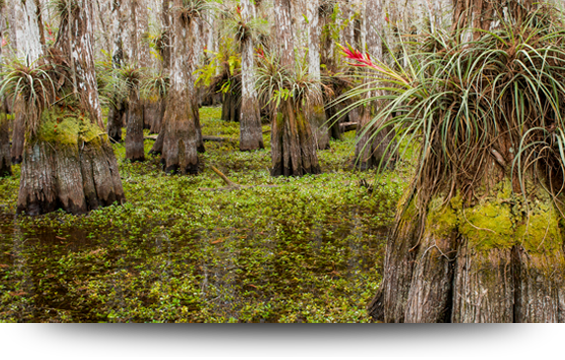Emergy Research
Emergy research is expanding and evolving rapidly. There is wide interest in applying these concepts in the analysis of landscapes, wetland ecosystems, states, regions, and nations along with systems and processes in many fields and on many scales of hierarchical organization.

While interest in applying these methods continues to surge, basic research on the methods of Emergy Analysis/Synthesis and environmental accounting using emergy is also ongoing, and a rigorous mathematical basis for its concepts has been and is being formulated. H.T.would be excited by this beautiful process of self-design, but we do indeed miss the high quality control on the evolutionary process that he exerted.
Now control is provided by the process of information generation and testing in the self-design process. We believe that together the community of emergy scientists holds the experience needed to accomplish this task, but the task is still on-going. This should be no surprise given that our teacher was expanding the frontiers of his understanding throughout his life.
This process can be frustrating for managers and scientists that simply want quick answers or a simple tool that they can apply with confidence. To be successful we need to do both of these things, i.e., provide simple and straightforward tools, but not be afraid to let them grow and develop.
Go Forth and Self-Organize
Dave Tilley wrote "One of the surest ways emergy can survive in the future is to train new, young researchers continuously so they can be the experts on emergy in 20 years. In the short-term, current researchers must keep chugging away at improving emergy's transparency, ease-of-use, applicability, and theoretical foundation. To meet the coming demand for 'Low Energy Prosperity', emergy researchers need to be prepared to answer the questions that society and governments will be asking more often shortly. Peak oil production is upon us. We need to be the intellectual society that thinks ahead 10 to 50 to 100 years…very few others are."
